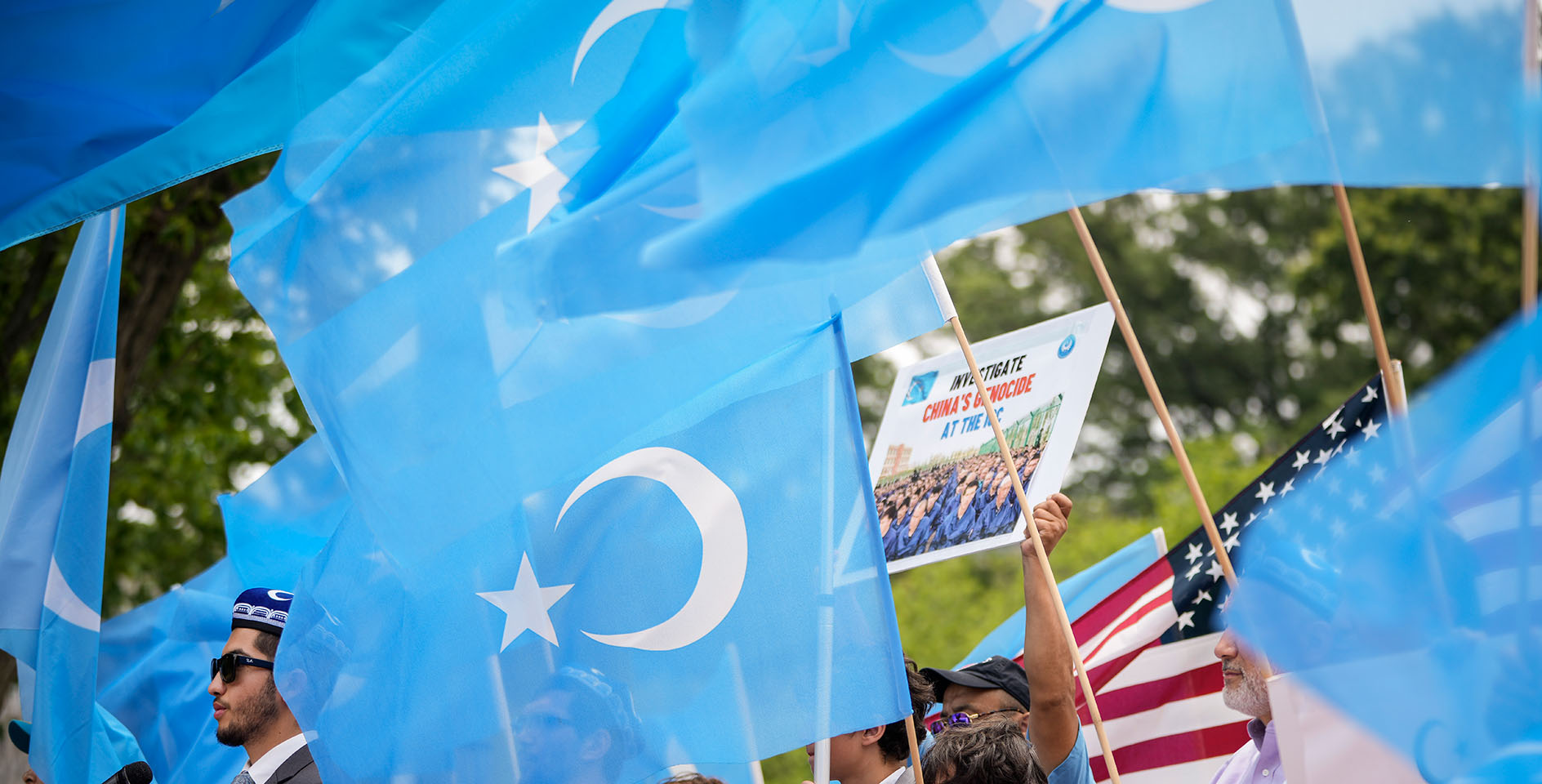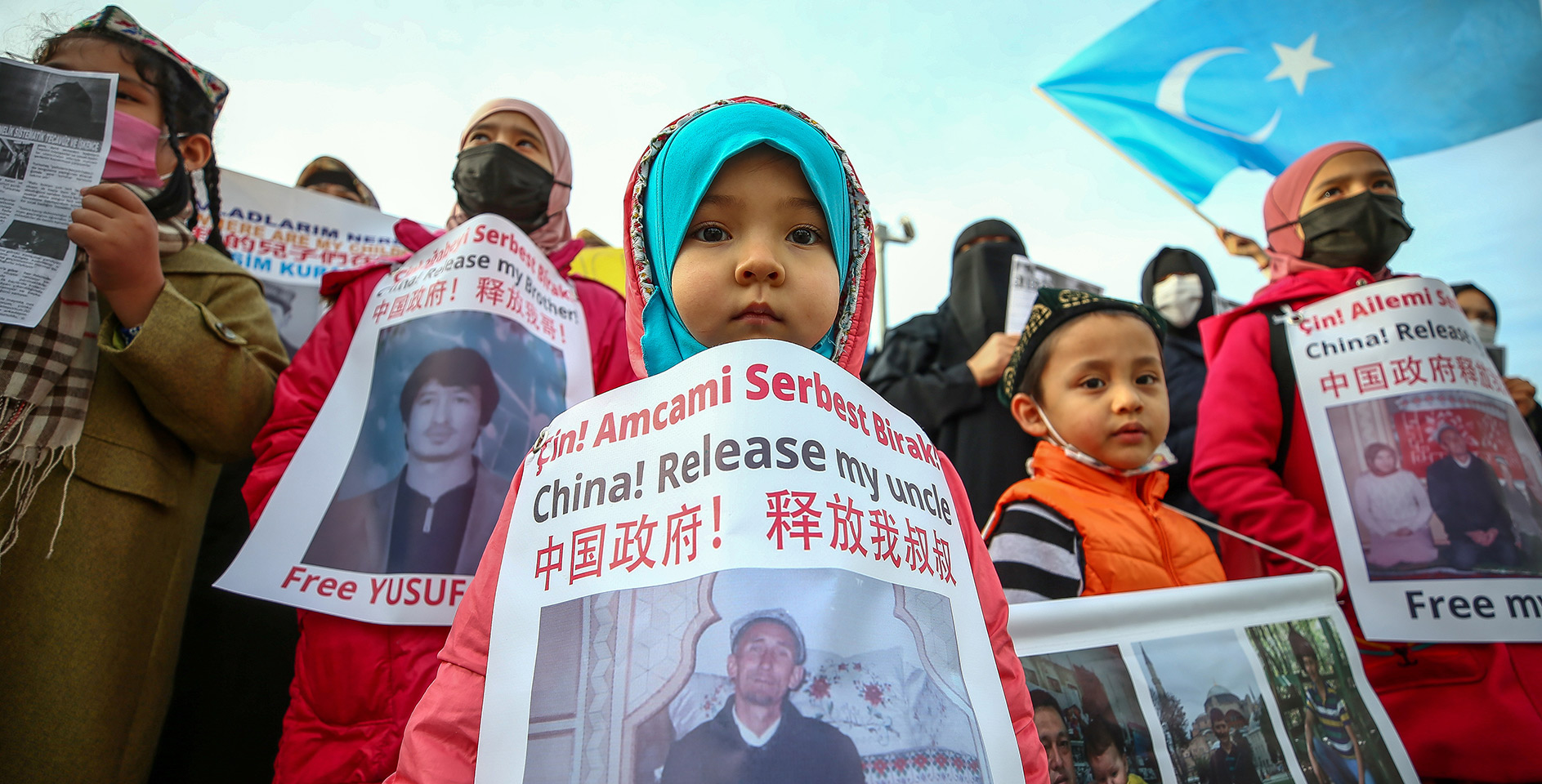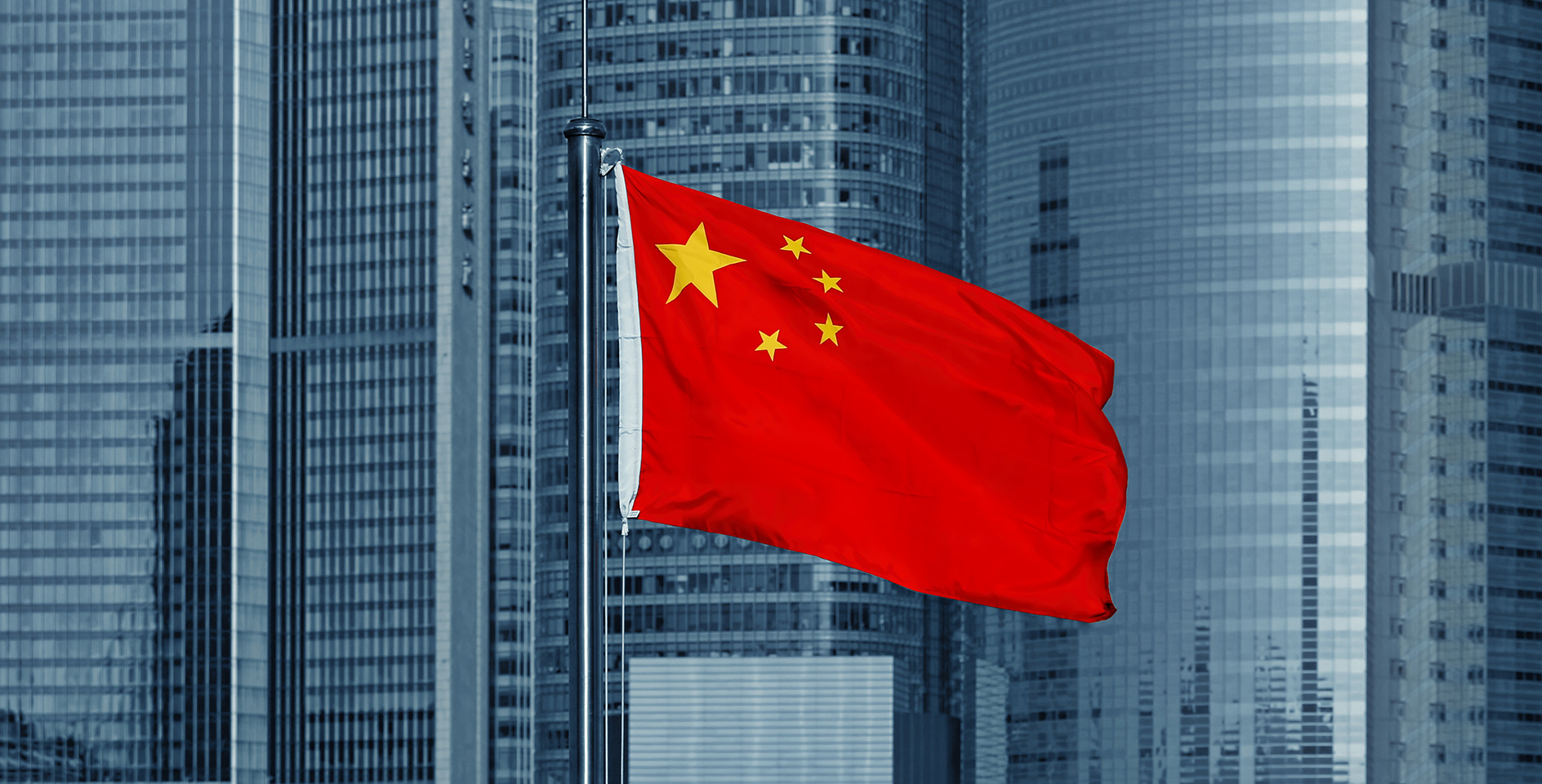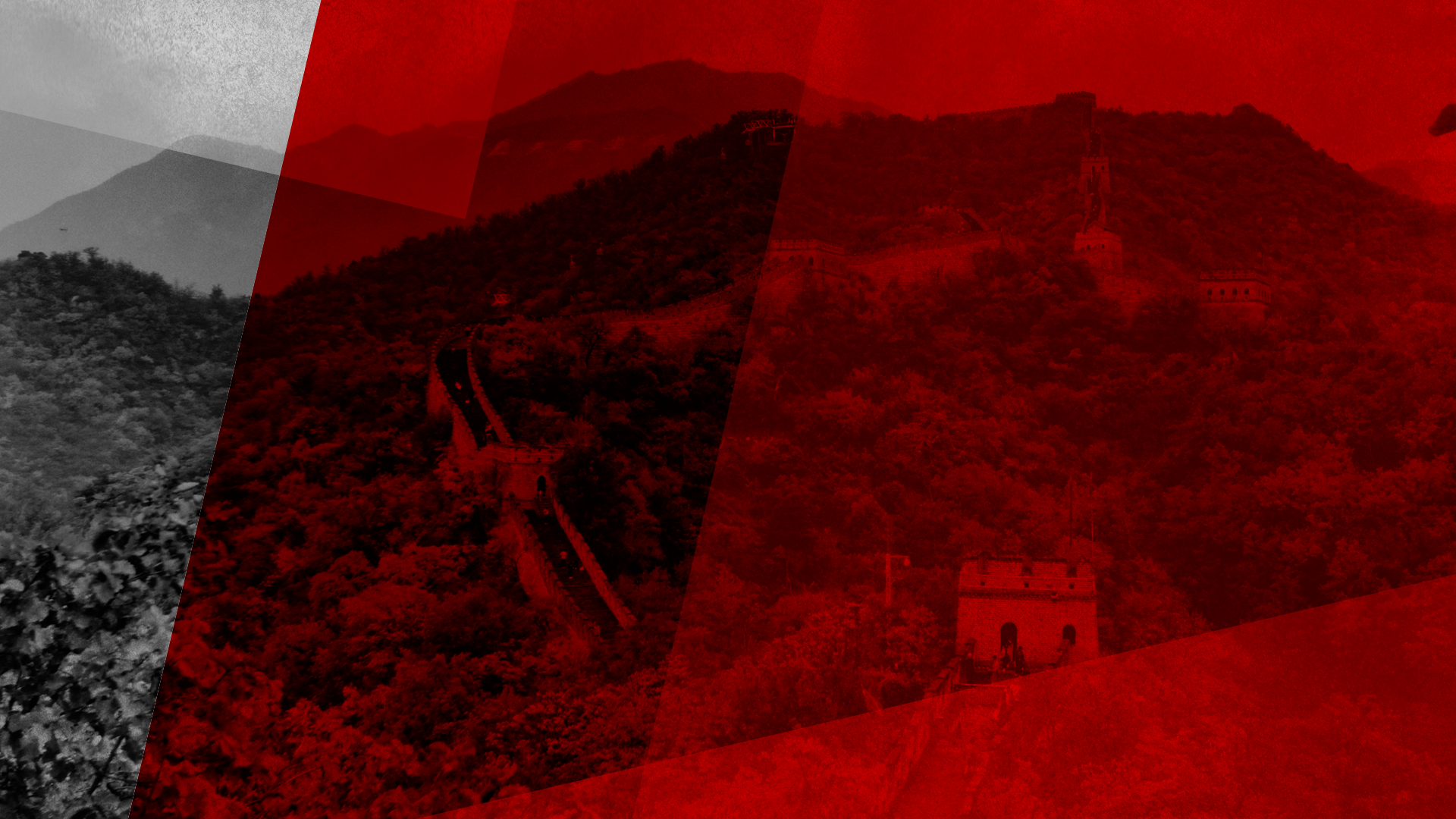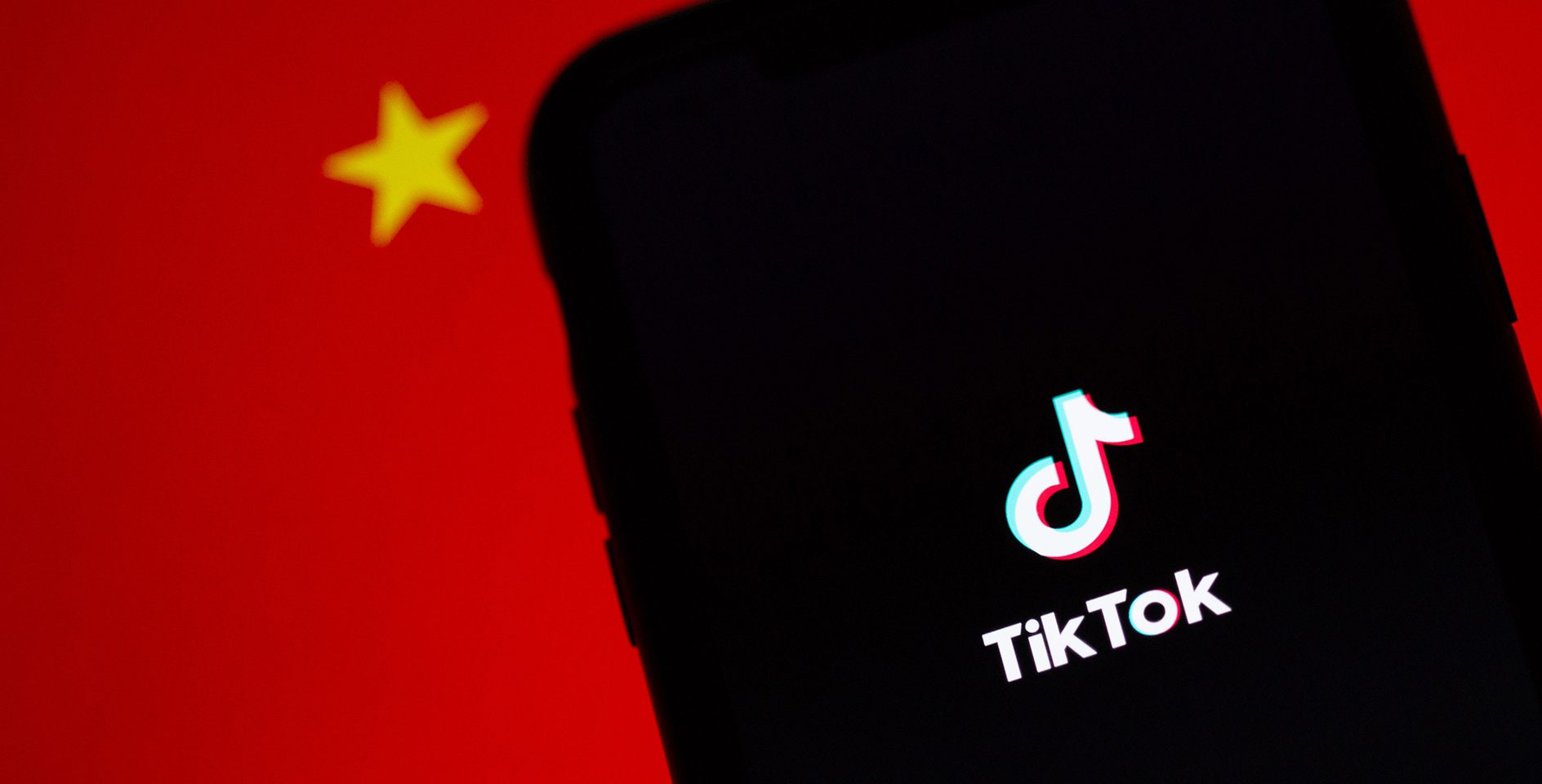Yet again, there are troubling developments on the island city of Hong Kong. This land that once was home to the ideals of freedom, democracy, and open trade between the countries of the east and the west is slipping further under totalitarian control of the Chinese Communist Party (CCP).
What happened?
On Wednesday, November 11, Beijing passed a resolution that sought to empower Hong Kong’s authorities to disquality legislators on what they deemed “a threat to national security” without having to go through a judicial process. Local authorities acted quickly with these powers and forced out four lawmakers, Dennis Kwok, Kwok Ka-ki, Kenneth Leung and Alvin Yeung, for their pro-democracy stances in the Hong Kong Legislative Council. The authority of executive branch leaders to target lawmakers at will is the latest in a long series of blows against the city’s long held democratic heritage.
In response to Beijing’s rapidly expanding control of the island, fifteen pro-democracy legislators announced their intention to resign in solidarity.
The CCP is making clear that it won’t tolerate support for democracy among legislators, and anyone bold enough to oppose the CCP will pay a price.
Pro-democracy legislator Fernando Cheung stated, “Today is definitely the darkest day in Hong Kong so far.” Lawmaker Kwok Ka-ki maintained a hopeful perspective, “As long as our resolve to fight for freedom, equality and justice remains unchanged, one day we will see the return of the core values we cherish.” But for now, these values remain under existential assault from the CCP.
Why does this matter?
On June 9, 2019, an estimated one million Hong Kongers began what would become protracted protests. At issue was an extradition bill supported by Hong Kong Chief Executive Carrie Lam, and pushed by the communist party leaders in Beijing, that would have allowed for extraditions to mainland China.
Over the following months, the protestors rallied around five political demands: the withdrawal the extradition bill, an investigation into alleged police brutality against demonstrators, the release arrested protestors, retract the characterization of the protests as “riots,” and the resignation of Lam. Although Lam eventually withdrew the legislation, the Hong Kong government did not budge on the other items, and the protests continued.
In response, Beijing imposed a national security law in 2020 that expanded its control over Hong Kong, including broad powers to punish critics and silence dissenters. The law bans “sedition, secession, and treason” yet does not define those terms. This new draconian statute, left open to the interpretation of whatever Beijing wills, puts the individual liberties of Hongkongers at risk by criminalizing dissent and positioning the CCP to appoint judges to rule on national security cases.
For decades since 1997, Hong Kong and mainland China have operated under a “one country, two systems,” principle. Under this system, Hong Kong operated with a “high degree of autonomy” and without political interference from Beijing. This meant Hongkongers enjoyed significant individual freedoms relative to their mainland neighbors. Western democracies, including the United States, treated Hong Kong with a special status that allowed Hong Kong to thrive economically as it became a commercial and financial regional hub.
In July, President Trump responded to China’s crackdown on Hong Kong by revoking the special status of Hong Kong and signed the bipartisan Hong Kong Autonomy Act, imposing sanctions on foreign individuals and entities for “contributing to the erosion of Hong Kong’s autonomy.”
Hongkongers know how the communist government in Beijing treats its citizens, severely restricting their freedoms of religion, assembly, and speech. The world is watching as the Chinese Communist Party remakes Hong Kong in its own image. Freedom-loving men and women on the island-city and around the world are concerned.
For further reading
What Hong Kong reveals about the future of China
What you need to know about the U.S. announcement that Hong Kong is no longer autonomous from China





